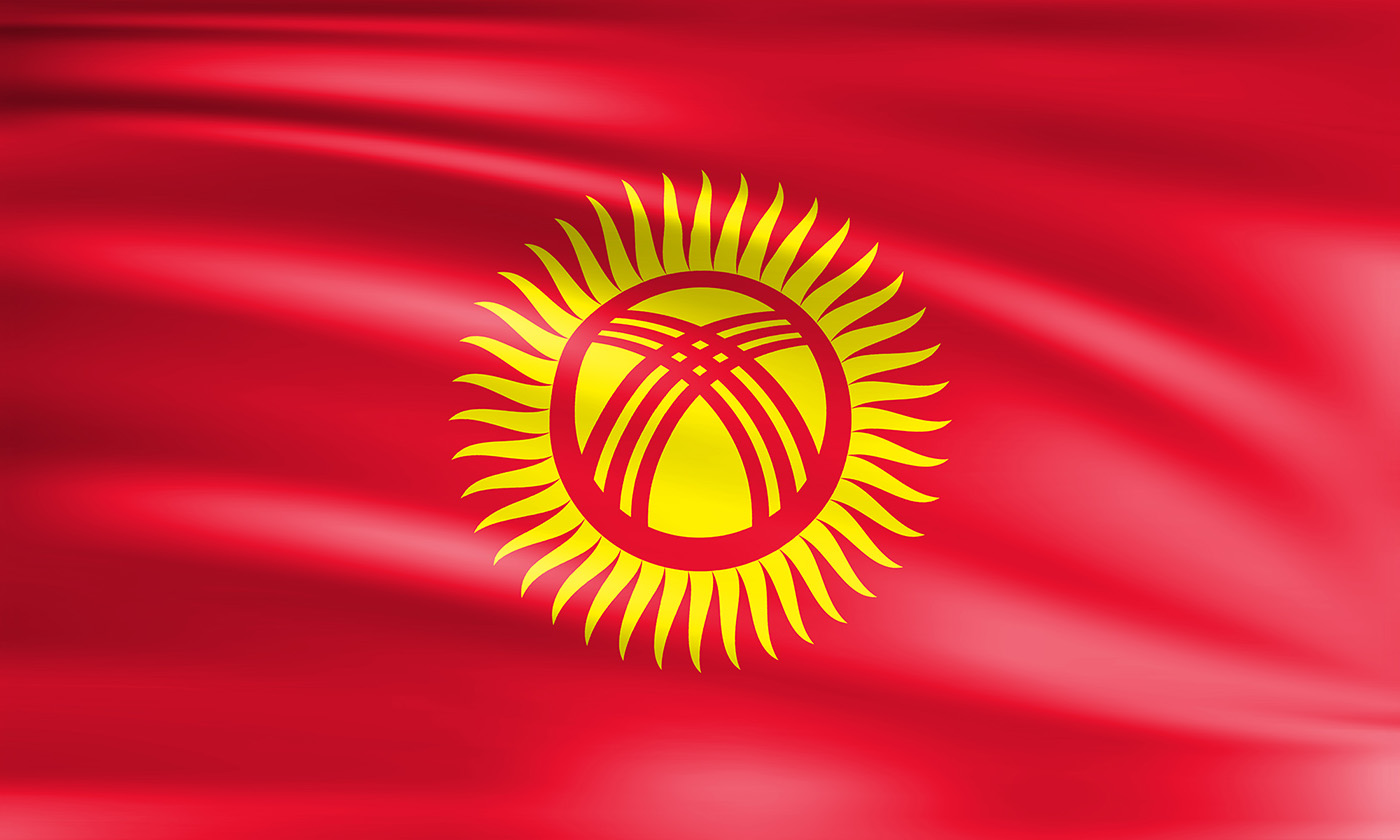Consultative Meeting of Central Asian Leaders
On the shores of the Issyk-Kul, known as a pearl of the Kyrgyz Republic, a historic Consultative Meeting of the Heads of State of Central Asian countries took place this week.
During the times of celebration of the 30th anniversaries of the establishment of diplomatic relations, important decisions and documents were signed in CholponAta (Kyrgyz Republic), a joint statement of leaders, as well as a historically significant Treaty of Friendship, Good Neighborliness and Cooperation for the Development of Central Asia in the 21st century, dedicated to have a positive impact on the processes of further integration of the countries of the region and the consolidation of joint efforts in overcoming the emerging challenges and threats of our time.
The President of the Kyrgyz Republic Sadyr Japarov noted in his speech that over the past centuries of strong friendship and harmonious coexistence, five Central Asian countries together withstood all the vicissitudes of history. The historical mission before the countries is seen as maintaining the integrity and security, ensuring the development and prosperity of our countries and nations.
Security and borders
The President stressed that general security, stability and prosperity depend on the atmosphere of relations between the states of the region and work is currently underway to delineate the state border of Kyrgyzstan with Uzbekistan and Tajikistan. In this regard, he confirmed the political will to complete the negotiation process in a mutually beneficial manner in order to turn these borders into open bridges of peace, friendship and trust, and the Ferghana Valley itself into a true oasis of Central Asia.
Trade and economy
The President noted that over the past ten years, dynamic rates of economic growth and gross product growth have been observed in Central Asia. In 2021, the total share of GDP exceeded three hundred billion US dollars. He indicated that the growth driver in Central Asia should be free trade and investment, the development of transport and transit infrastructure and digitalization. The importance of the established border trade centers on the border of Kazakhstan and Uzbekistan, as well as an industrial trade and logistics center near the Kyrgyz-Kazakh border was noted. Sadyr Japarov noted the importance of the complete removal of tariff and non-tariff barriers hindering free trade, including unreasonable delays of goods at the borders. It was proposed to make efforts to improve the transport, transit and logistics infrastructure of the countries of Central Asia, primarily in terms of increasing the level of integration within the region, as well as connecting to world transport hubs and corridors.
Food and energy security
During the period of crisis, he noted the priority of issues of ensuring food and energy security, macroeconomic stability and social stability and proposed coordinated activities in this direction. In particular, the need for expanded cooperation in all areas that will increase food security and agricultural development in the region. Kyrgyzstan stands for expanded cooperation in the hydropower sector in order to increase the energy self-sufficiency and security of the countries of Central Asia.
Water cooperation
In the context of a reduction in the volume of water resources due to climate change, it was proposed to jointly develop mutually beneficial water use mechanisms so that the upstream countries have the opportunity and interest to accumulate water resources for irrigation needs during the growing season. In this regard, the necessity for resumption and improvement of cooperation within the framework of the Agreement on the Use of Water and Energy Resources of the Naryn-Syrdarya River between Kazakhstan, Kyrgyzstan, Uzbekistan and Tajikistan of 1998, which provides for a balanced exchange of water and energy resources, was outlined.
Transportation area
The necessity for improvement of transport, transit and logistics infrastructure of the Central Asian countries was noted, primarily in terms of increasing the level of integration within the region, as well as connecting to world transport hubs and corridors.
Tourism
Kyrgyzstan proposes the joint organization of specialized tourist routes, the
introduction of concessions when tourists cross common borders, the formation of
information centers with a database of tourism opportunities for each of the countries
of the region.
It was also proposed to create a common Central Asian TV channel and prepare a
series of TV projects informing about the potential of the region, friendship and unity
of the nations, a series of educational television and radio programs on the history
and identity.

